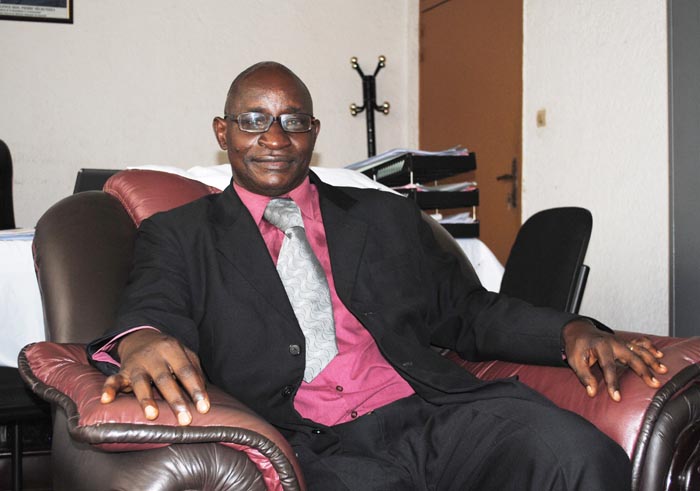Heads of State were planning to agree on a timeline for Political Federation during the 16th EAC Heads of States Summit held in Nairobi on 30 November, but have stalled progression by asking for further studies.-By Diane Uwimana
A Political Federation is the ultimate goal of East African Community (EAC) integration, the fourth step after the Customs Union, Common Market and Monetary Union protocols.
Uganda is standing alone in its push to fast-track the process of EAC political federation. The four other countries agree that experts should be given more time to analyse and finalise the work on the Political Federation, to consult on the drafting of a constitution for the federation and the timeline for implementation and submit their report to the Council in four months, by March 30, 2015.
The Heads of State were expected to choose between a one-tier system that includes one president and uniform policies, or a two-tier arrangement in which the federation would have a leader and shared responsibility on foreign policy, defence, currency, economic and trade policies, while continuing to manage domestic affairs that do not have a regional dimension.
Uganda argued that experts had settled on a two-tier structure composed of the federal state and constituent states as the model for the EAC federation.
The experts working on the establishment of the EAC Political Federation insist that the agreed structure of the political federation should be further negotiated and subjected to a referendum by the 130 million people of the five partner states. But because there is no EAC referendum law, referenda will be held at the national level of each partner state. The outcome will dictate the adoption of the political federation.
Jean Rigi, Burundi’s Permanent Secretary in charge of EAC Affairs indicates that political federation is more complicated than other political issues. “The main concern of the partner states is national sovereignty”, he says, adding that there are some issues which must be managed by the state party such as security and constitutionalism. But the community will be concerned with defence, criminality, terrorism, cyber crimes, cooperation and coordination of the foreign policies.
“We didn’t agree yet on who will lead the federation, how it will function and what EAC citizens will benefit from the political federation”, says Rigi.
He mentions that the four countries except Uganda agreed on having a concept note and a roadmap outlining the specifics of the political federation. “Experts must include convergences and divergences of those steps for the different partner states.”
He indicates that the partner states deploy three experts to work on challenges that face the political federation.
The EAC treaty stipulates that the political federation is the ultimate phase. “There is no deadline for the last step as was the case for the first three phases. We don’t know how long it will take”, he adds. However, the EAC has set deadlines for Political Integration several times, initially marking it for 2013, moving it to 2015 and is now focussing on reaching a 2016 deadline.
Pascal Niyonizigiye, an expert in international relations at the University of Burundi, mentions that political integration will take a long time, as was the case in Europe. He believes partner states should work closely in all EAC domains. “But Monetary Union and Political Federation should be undertaken carefully, in order to avoid impeding the process and the ultimate goal.”
Some benefits are observed since the EAC adopted economic protocols. EAC citizens can travel freely in the region without a visa and some non tariff barriers are eliminated. “People will eventually understand that they will also profit from political federation.”
However, if things remain as they are, with EAC citizens being chased from partner states, people won’t comply with the political federation, says Niyonizigiye. Rwandans were recently chased from Burundi, due to the absence of residence visa and Burundian refugees were chased from Tanzania. A true Political Federation is only possible when the people themselves join forces and feel connected, he believes.




















 IWACU Open Data
IWACU Open Data

